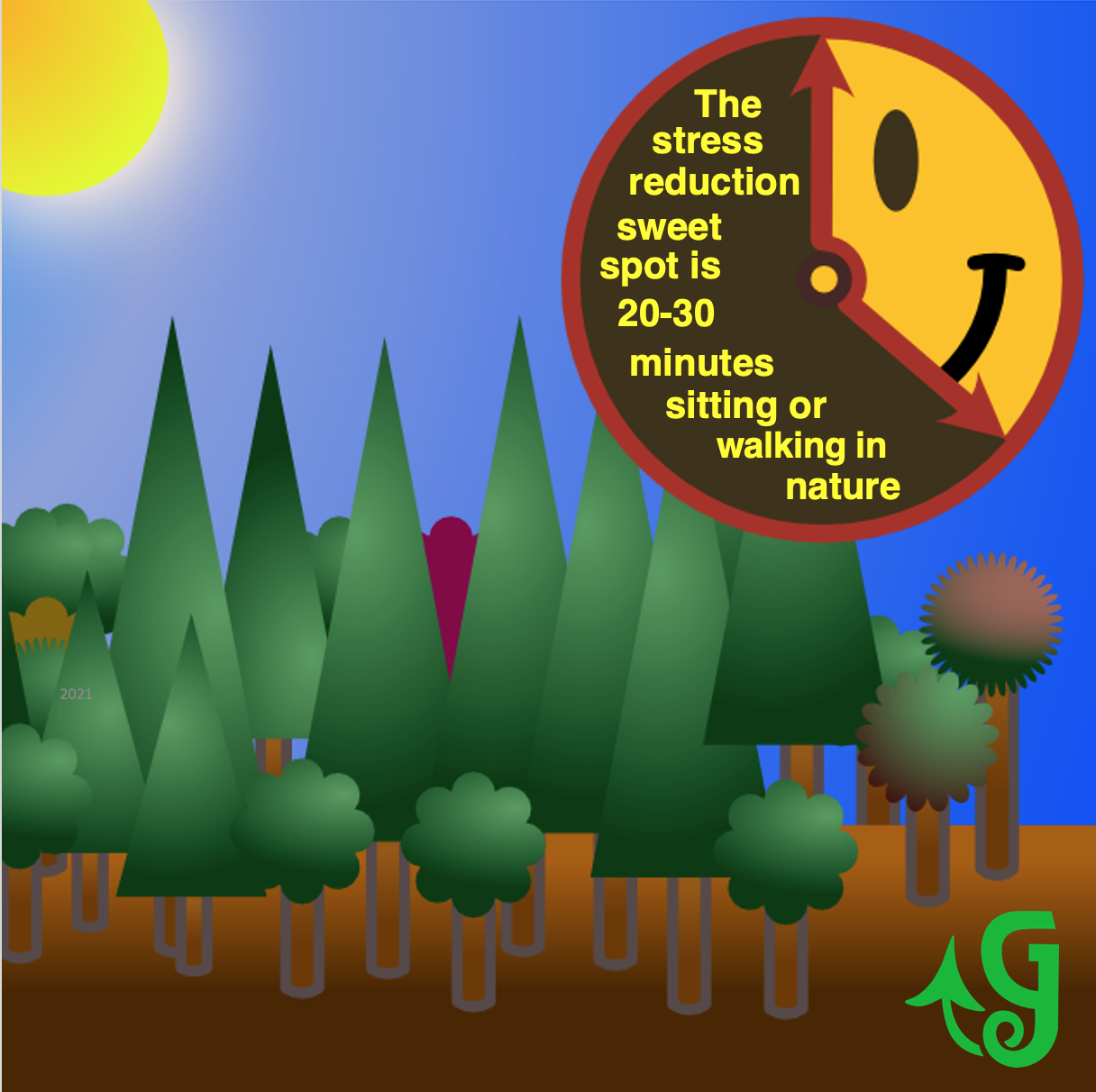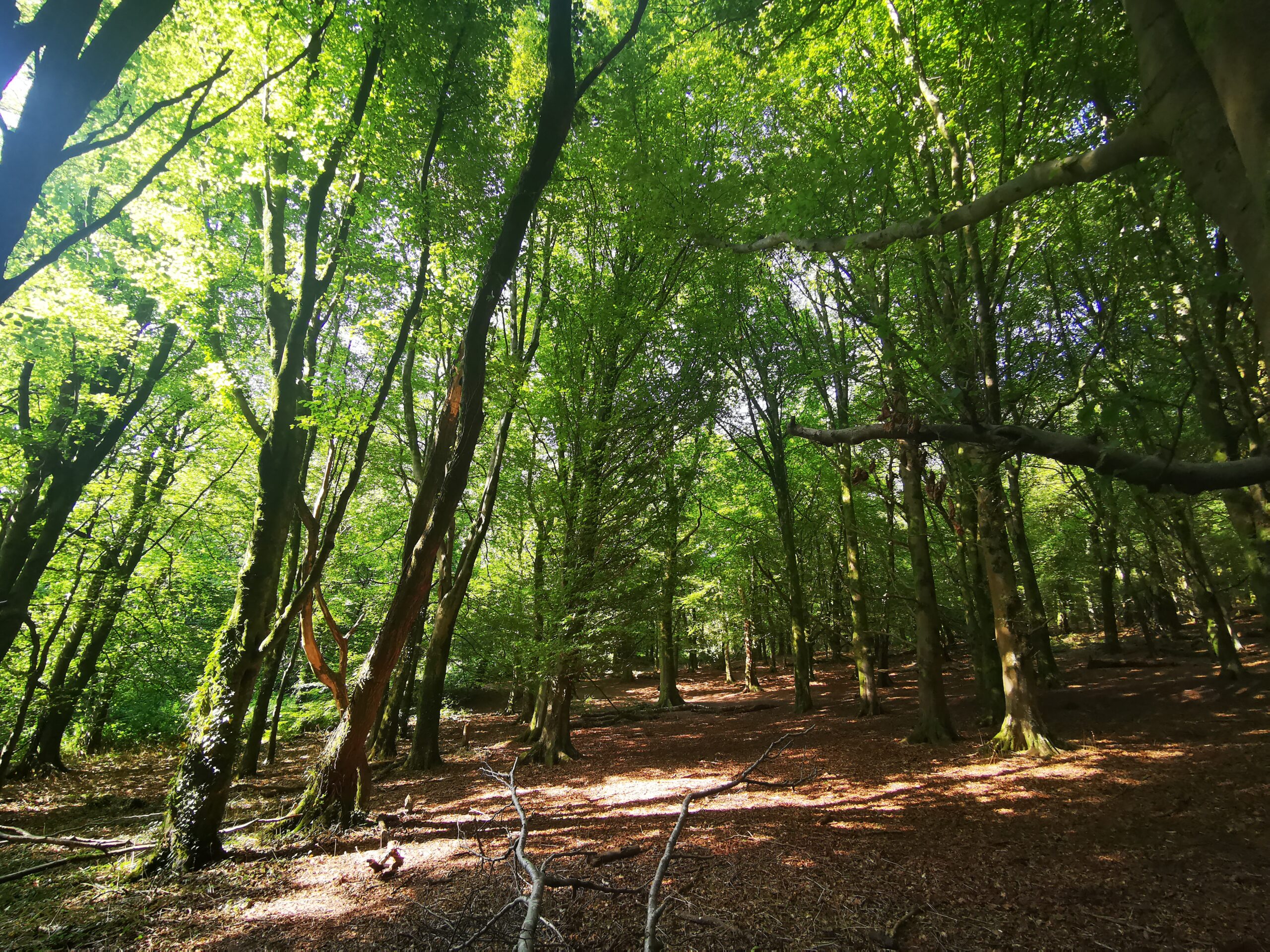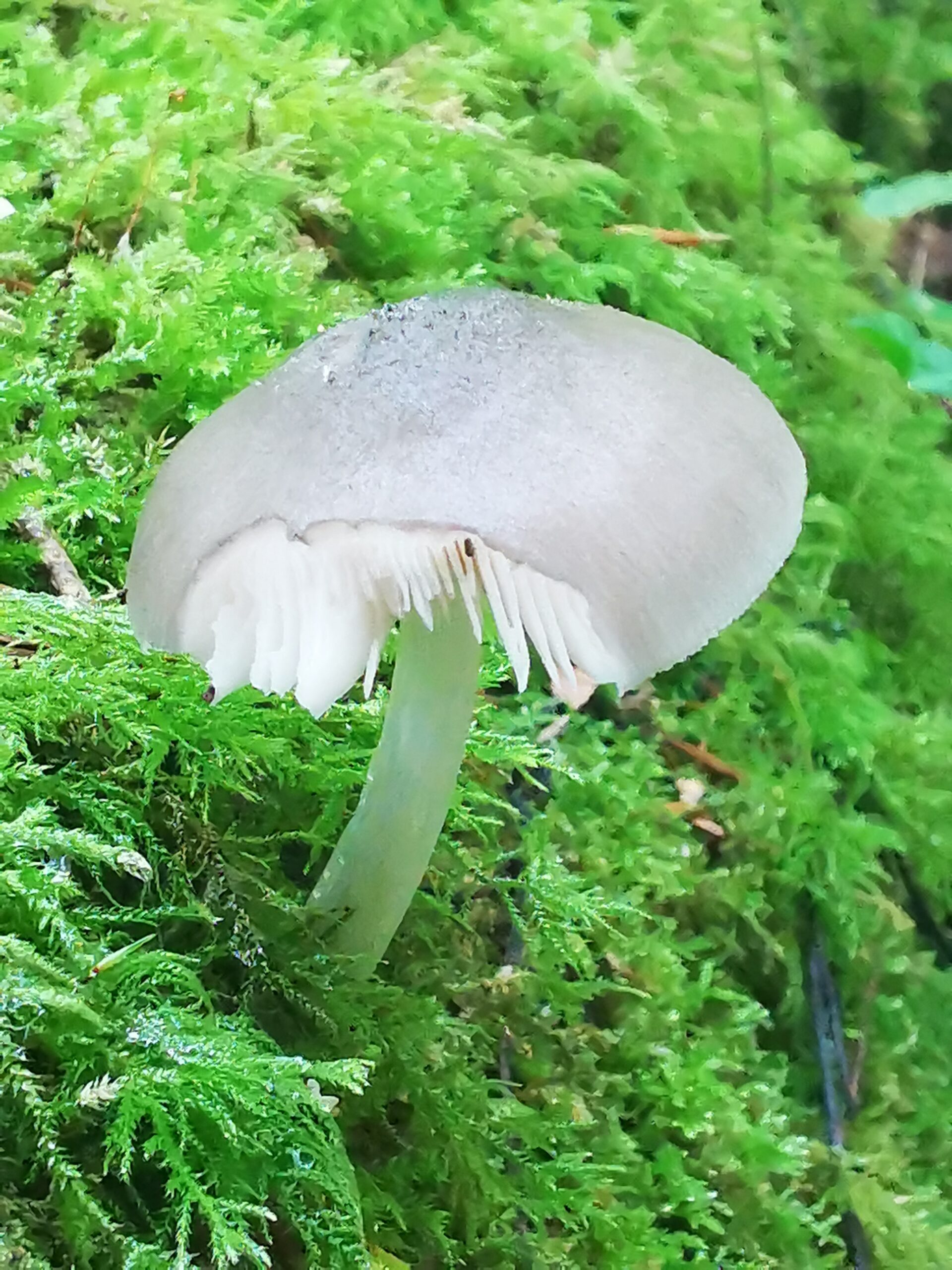Nature Health benefits
How can we positively affect our Neurotransmitters in Nature?
Cortisol
Anxiety, stress, worries, imposter syndrome, ruminating, work life balance, home schooling, churning thoughts, zoom fatigue, conflict…
Whatever is causing your cortisol levels (stress hormone) to rise, offer yourself some self compassion and step outside, find some green space, put your phone away, observe the plants, trees, birds, squirrels and let nature do it’s thing. If you are in an urban setting, find a park or sit next to a tree.
There’s a wealth of data to suggest that even short bursts in nature are beneficial to our wellbeing, reducing our cortisol levels.
One study suggests that 20-30 mins in nature is the optimal to reduce our cortisol levels, and on average participants did this 3 days per week.
There shouldn’t be (m)any reasons to not spare yourself 20 mins in the workday to switch off. Be kind to yourself!
Here’s the reference:
Hunter MR, Gillespie BW and Chen SY-P (2019) Urban Nature Experiences Reduce Stress in the Context of Daily Life Based on Salivary Biomarkers. Front. Psychol. 10:722. doi: 10.3389/fpsyg.2019.00722

Dopamine
I’ve fairly recently been diagnosed as neurodiverse with ADHD which is a condition where one of our neurotransmitters, or brain chemicals, called dopamine is dysregulated. This means that it gets transported, or pulled back in, too soon during a nerve impulse, and as such doesn’t get a chance to do it’s full job like Neuro Typical people.
But what is the job of Dopamine? Why is it important? What does dopamine regulate?
In this video I offer a simple explanation of the function of dopamine, along with a few suggestions how to get top ups in nature. ??
Seratonin
Here I discuss topping up our happy brain chemical Seratonin in nature.
You may have heard or read in the BBC about a certain ‘friendly’ bacteria in soil that triggers our seratonin production? Suggesting this may be partly why gardeners enjoy their green fingers so much!
This hypothesis stemmed from a trial in London that showed an improvement of Quality Of Life scores for Cancer patients, following administration of this natural benign bacteria. This outcome then inspired further lab tests on rats in Bristol, which indeed saw an increase of seratonin.
I’m yet to find a trial that substantiate this finding in humans. I‘d love to hear about any related trials that have been conclusive, or are still ongoing?
??





